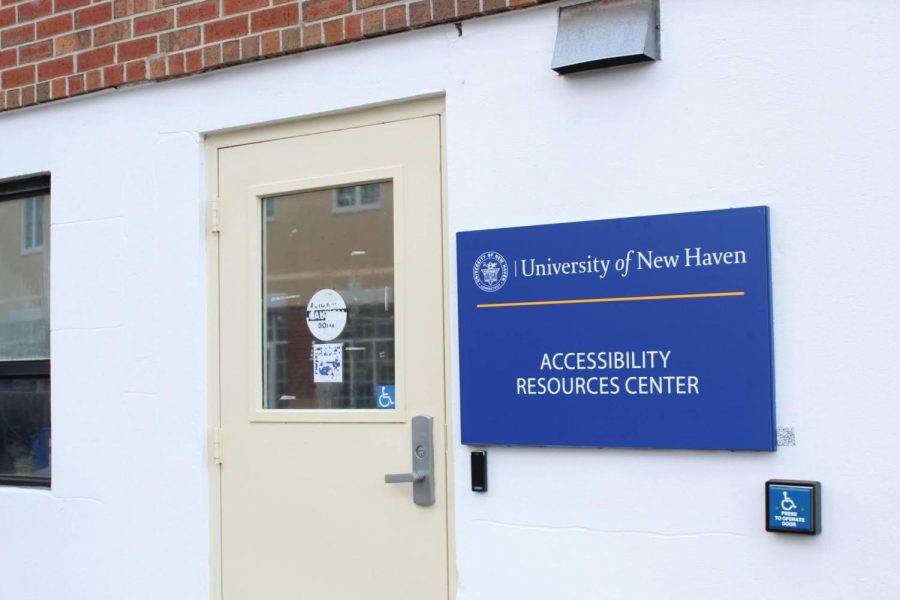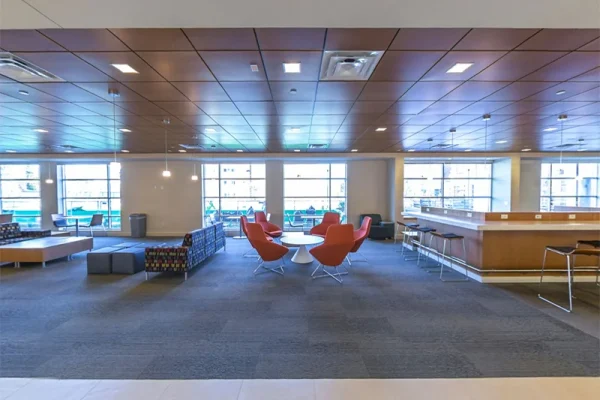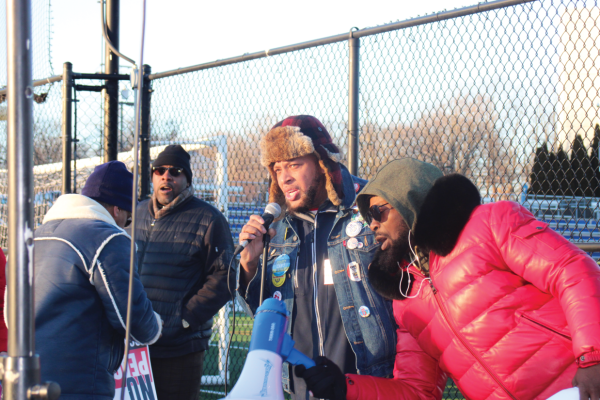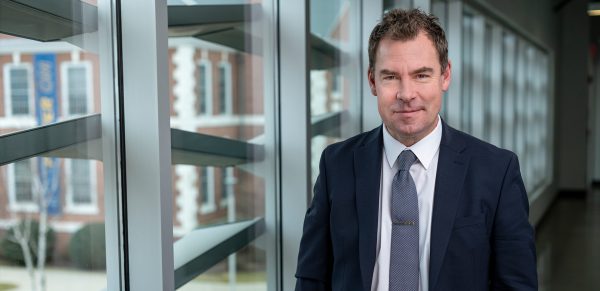ARC encourages students to recognize ASD Awareness Month
Photo courtesy of Charlotte Bassett.
Outside of the Accessibility Resources Center, West Haven.
The month of April marks the start of Autism Awareness Month in America, with World Autism Day having recently fallen on April 2. The University of New Haven Accessibility Resource Center is taking this month to specially recognize students with autism spectrum disorder (ASD) in hopes to bring awareness to their positive contributions to the inclusivity and diversity on campus.
Linda Copney-Okeke, the director of the Accessibility Resources Center (ARC), said that the university’s accommodations program focuses on two main goals: helping to facilitate discussions concerning ASD, and organizing specialized tutoring sessions for students with ASDs.
“ARC coordinates academic accommodations based on the impact of the student’s disability, so accommodations vary per individual student,” she said. “ARC services include but [are] not limited to regular one-to-one coaching in time management, academic skill development and tutoring.”
She continued to explain that ARC also collaborates with the university’s Counseling and Psychological Services “to provide a support group iConnect for individuals who have difficulty with making connections on campus.”
Okeke said that specialized accommodations vary from student to student. “Depending on the functional limitations that ASD may cause for the student,” she said, “they may be eligible for academic or housing-related accommodations. The resources available to students with autism will help them improve their social and communication skills that will enable them to achieve success in school, at home, and in the community.”
“The university can better support students, faculty and [those] with ASD by taking the time to learn as much as they can about autism,” Okeke said.
She also encourages the university community to take initiative in assisting their fellow Chargers with ASD. “Be proactive,” she said. “We should ask ourselves what we currently know about ASD and identify what we want to know more about to be a better friend, teammate, professor, or support staff to our fellow Chargers with ASD.”
To learn more about ARC or how you can support students at the university with ASD, visit their Charger Connection page online or contact them via email at [email protected].

Saige Batza (she/her) is a sophomore psychology major with a concentration in community and society. She looks forward to another year of hard work for...










